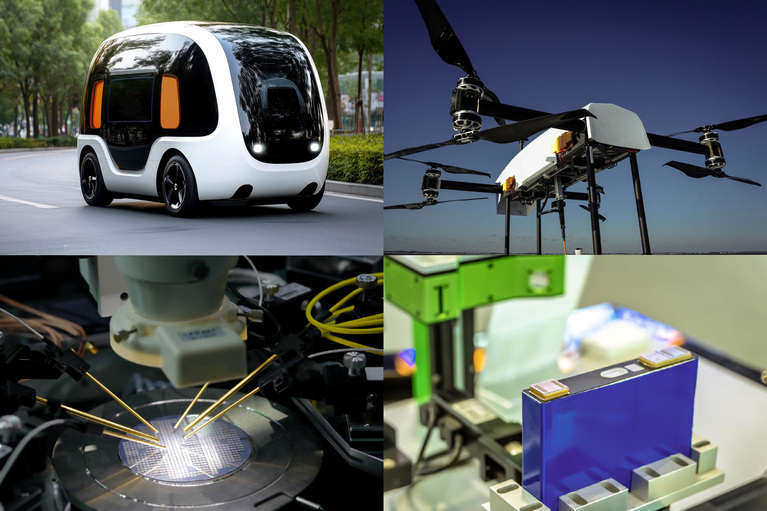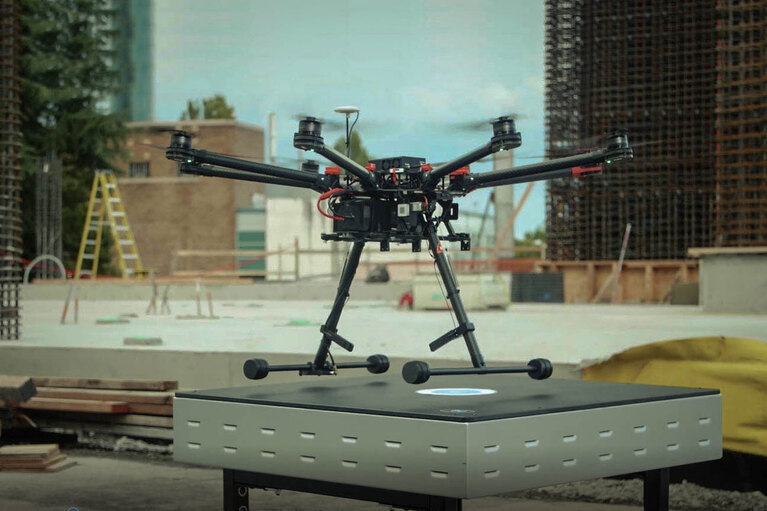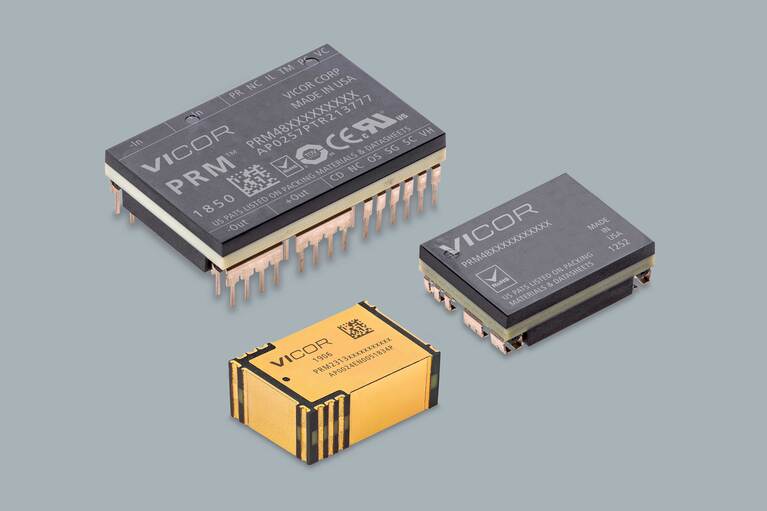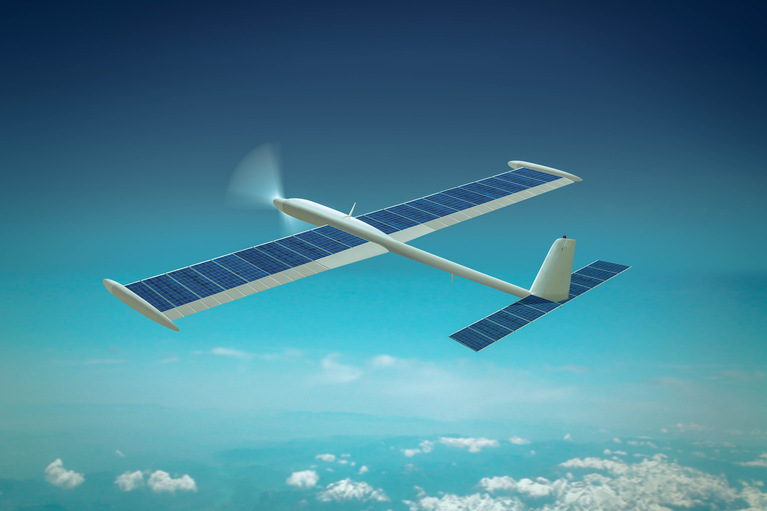
Accelerate your move to a high performance 48V power delivery network
This eBook provides guidance on designing 48V power delivery networks to enhance the performance, efficiency, and reliability of industrial products
As robotic fleets reshape logistic, delivery and inspection industries the demand for more efficient and flexible charging solutions is increasing. At the same time more autonomy requires the elimination of human intervention. Targeted at aerial, mobile, marine and industrial robots this customer, WiBotic, wanted to develop a wireless charging station that avoided unreliable mechanical connectors and intelligently adjusted its output to meet the needs of different robots’ onboard batteries. The key goals were:
An external AC supply provided the nominal 48V power to the charging station. The voltage varied due to losses in the long cable, which a PRM buck-boost module then regulated. The output voltage and current of the PRM could be varied to match the wide range of battery types of the visiting robots.

Extremely wide output voltage adjustment (20 – 55V)

Uniquely capable of handling of wide differences in input and output voltage (up to 10:1)

Highly efficient over full adjustment range (>97%)
A PRM buck-boost module regulated the widely varying input voltages, providing a precisely regulated output, adjustable over a wide range to suit each robot’s battery requirement. To analyze this power chain go to the Vicor Whiteboard online tool.

Non-isolated regulated
Input: 48V (36 – 75V)
Output: 48V (5 – 55V)
Power: Up to 600W
Peak efficiency: 98%
As small as 22.8 x 13.8 x 7.41mm
Accelerate your move to a high performance 48V power delivery network
This eBook provides guidance on designing 48V power delivery networks to enhance the performance, efficiency, and reliability of industrial products
Build better UAVs using modular power
Power Delivery Networks (PDN) based on Vicor high performance power modules enable innovative designs for the next generation of UAV development
UAV Market Trends and Power System Seminar 2025 Taipei, Taiwan
Power modules enable top performance and innovation for today’s advanced UAVs
High-efficiency, high-density modules free up space for advanced communications and extend range
High-efficiency class of UAV depend on solar power to meet its long flight time requirements




